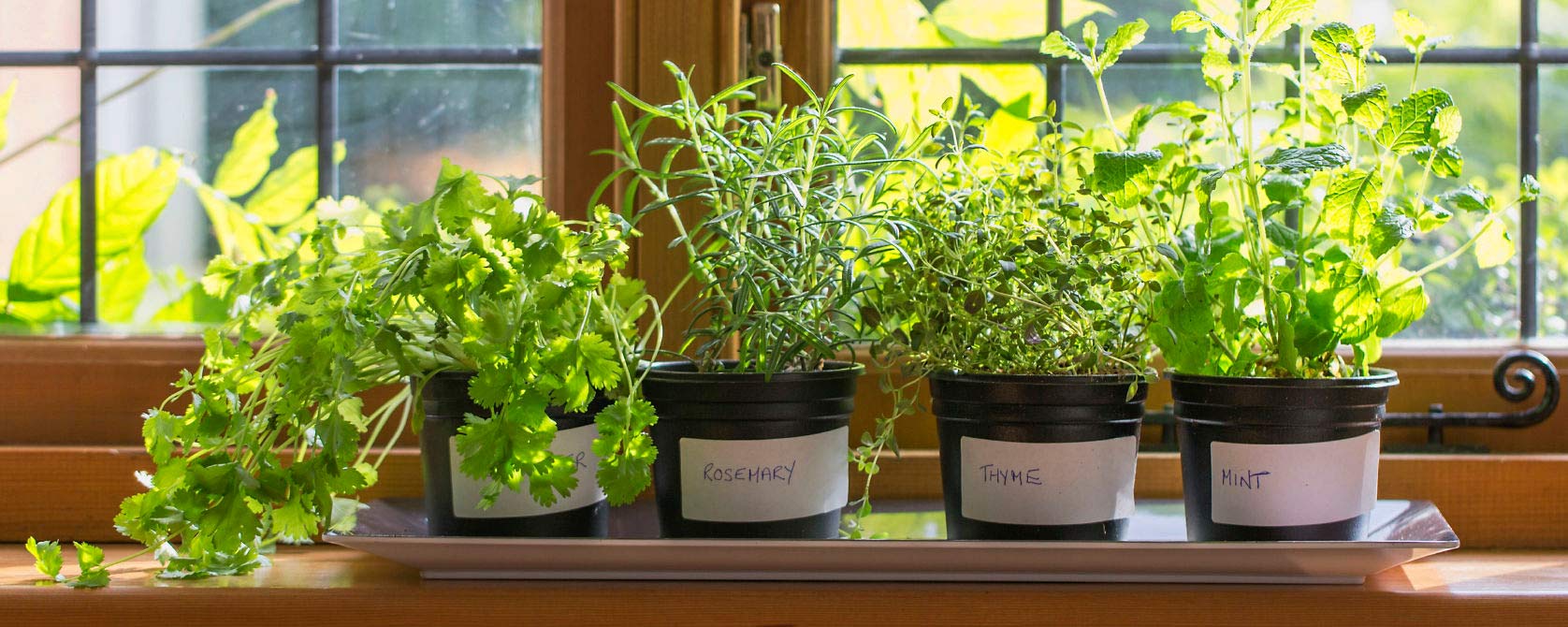Life is stressful. No matter what we do, we face deadlines, inconveniences, time crunches, and negative interactions with others. There’s no way to completely avoid stress. There are however, several ways to reduce stress. In the quest to arm ourselves with as many stress-reducing tactics as possible, herbs can be a powerful weapon.
Chamomile is one of the best known stress-reducing herbs. A cup of chamomile tea at bedtime is a favorite of even the most inexperienced naturopath. Chamomile calms by depressing the central nervous system and can help with sleep disorders and anxiety.
Valerian works as both an anti-anxiety agent and as a sedative and has been used since the days of ancient Greece and Rome as a remedy for insomnia. Valerian, generally sold in capsules, is also used to treat nervousness and restlessness.
Kava Kava is non-narcotic intoxicant commonly used by Pacific Island cultures as a ceremonial drink. Kava Kava has been found to have sedative properties and works as a muscle relaxant, painkiller, and anticonvulsant. Kava Kava can be used to treat anxiety, nervousness, tension, headaches, and insomnia.
Hops, most commonly known for being used in the production of beer and malt, hops is an herb native to England. The flower of the hops plant is ground and sold in capsules and is used to treat nervousness, insomnia, and irritability. Used as far back as ancient Rome, this herb works by relaxing the central nervous system.
Catnip, a member of the mint family, is a mild tranquilizer that helps reduce stress. Also a powerful antioxidant, catnip is believed to reduce tension and combat certain stress-related conditions. Catnip is used to treat anxiety, insomnia, and may help alleviate the symptoms of irritable bowel syndrome.
Passionflower, like valerian, has mild sedative properties. Passionflower is believed to work as a treatment for sleep disorders, and it may also work as an anti-anxiety and anti-hypertensive agent.
Skullcap(Scutellaria lateriflora) has also been used in herbal medicine as a sedative. This herb grows wild in the southeastern and south central United States, and it is believed to be an effective herbal treatment for anxiety and insomnia. It can also be used to relieve the pain of tension headaches and may be helpful as a treatment for restless leg syndrome.
GABA (gamma aminobutyric acid) works to promote relaxation and reduce anxiety by inhibiting the firing of the brain’s neurons. Because of its effect on neurons, GABA, a non-essential amino acid, has been categorized as an inhibitory neurotransmitter. Working in much the same way as chemical antidepressants and tranquilizers, GABA may also help treat epilepsy, hypertension, and attention disorders.
L-Tyrosine, another amino acid, has been found to be helpful in treating insomnia. L-Tyrosine is used by the body during the production of the neurotransmitters norepinephrine, epinephrine, and dopamine, and it may also be effective as a treatment for depression and anxiety. L-Tyrosine is believed to help elevate mood and is being studied as a treatment for alcoholism.
We recommend checking with your doctor before using any herbs or supplements. People with certain medical conditions may not be advised to use some or all of these products. Dosage should also be provided by a medical professional.
